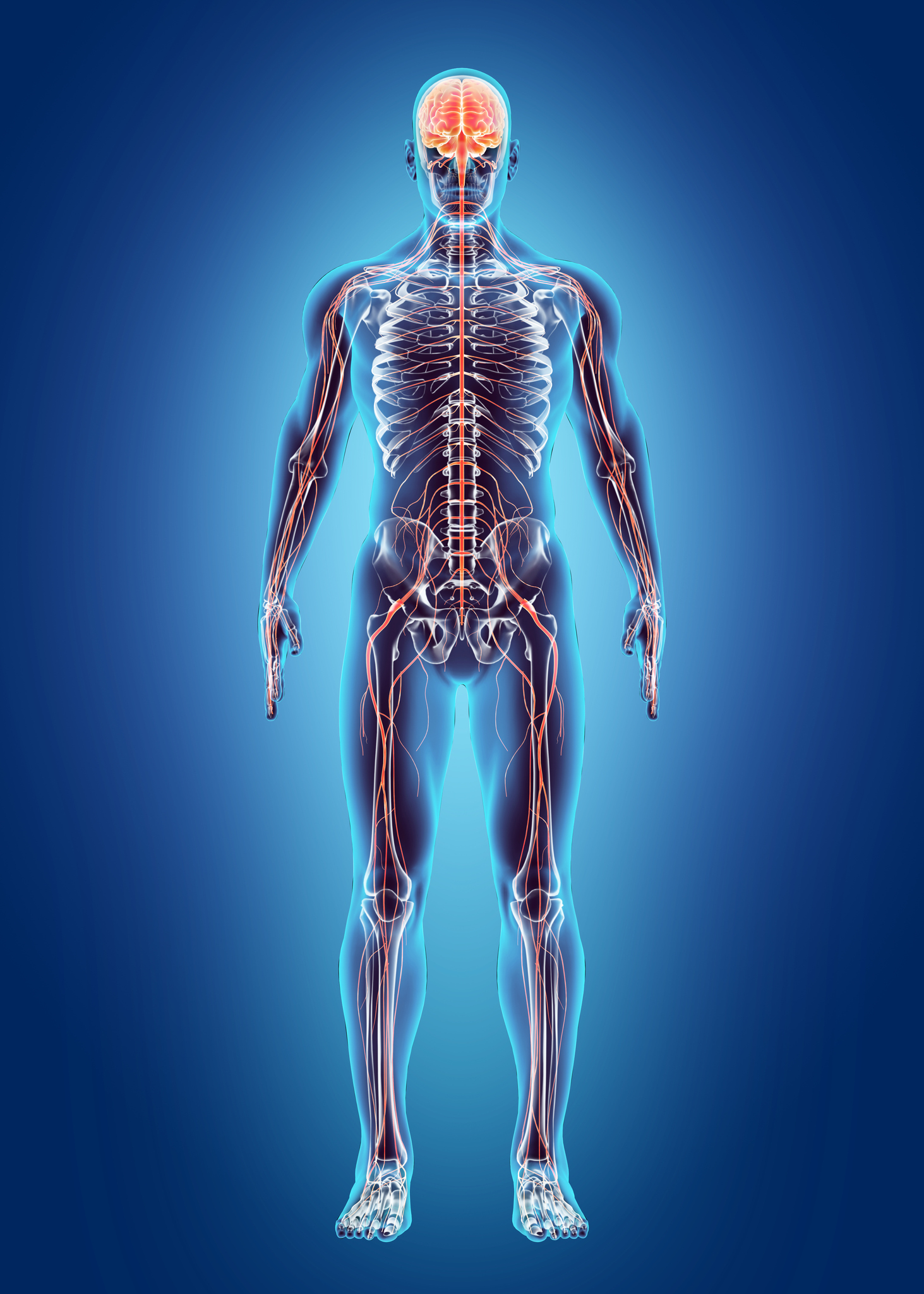Author: Shernide Delva
As most know by now, the opioid epidemic has reached epic proportions. In the U.S. alone, more than 15 million people abuse prescription drugs. The leading cause of accidental death in the United States are opioid overdoses, with 52,404 lethal drug overdoses in 2015.
In 2012, 259 million prescriptions were written for painkillers, such as Vicodin and OxyContin. When these drugs are abused, they present some of the same risks as heroin on the street. Furthermore, as prescription opioids are regulated, more and more people are turning to heroin making the risk of a fatal overdose even greater.
With all that said, how exactly do opioids affect the body? We wanted to explore several areas of the body and understand how opioid abuse specifically affected each area. Whether it is prescription drugs or heroin, opioids affect almost every part of your body. Long-term use can lead to permanent damage to your health. Read on further to learn how the body reacts to abuse of opioids. Treatment can put a stop to the risk and address issues that may have already arisen in the body.
The Effects of Opioid Use on the Body:
-
THE BRAIN
Painkillers are known to have side effects such as extreme drowsiness which can result in needing stimulant medication to counteract this effect. For example, heroin can elicit profound drowsiness. Abusers frequently experience bouts of ‘nodding off’ as they slip in and out of consciousness. Over time, the use of painkillers results in an increased risk fo major depression. Patients using painkillers for more than six months has a 50 percent greater chance of developing depressive episodes.
-
THE RESPIRATORY SYSTEM
Opioid overdoses can lead to a condition known as respiratory depression. It essentially means that breathing slows down significantly. The body goes into respiratory arrest and deprives the brain and body tissues of oxygen.
-
THE DIGESTIVE SYSTEM
Opioids affect the muscles of the digestive system making constipation common. This effect is due to the slowing of the digestive transit. The gastrointestinal motility and chronic constipation associated with opioid abuse can lead to more severe conditions such as small bowel obstruction, perforation, and resultant peritonitis. Nausea is very common among opioid users along with sudden, uncontrollable vomiting.
-
THE NERVOUS SYSTEM
The chronic use of opioid painkillers can lead to a syndrome that can increase your sensitivity to pain resulting in a condition known as hyperalgesia. Furthermore, opioid use may result in psychomotor impairment and an overall slowing of a person’s physical movements and loss of coordination.
-
THE IMMUNE SYSTEM
Opioid use affects the immune system which means you’re more vulnerable to getting illnesses or feeling under the weather. The opioid receptors regulate immunity so long-term opioid abuse can negatively affect this process.
-
THE LIVER
Most people are unaware of how many opioid painkillers contain acetaminophen, the same ingredient found in Tylenol. Excessive use of these drugs can cause liver damage from toxicity. Damage to the liver is an undeniable risk to taking excessive amounts of prescription painkillers like Vicodin. When you add alcohol to the mix— as many opioid-dependent users do—it makes a risky situation, even more,
Overall, opioids affect every part of the body, and we did not even mention the psychological impacts of drug abuse. Opioid use disorder wreaks havoc on your life and the life of those around you. Do not wait for the potentially life-altering consequences of opioid abuse to take its toll. Please call to speak to a professional treatment support specialist today. Please call now.
